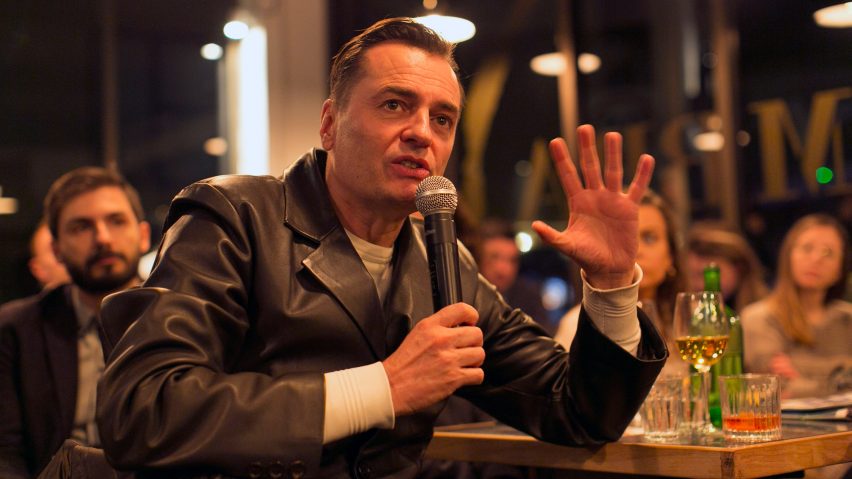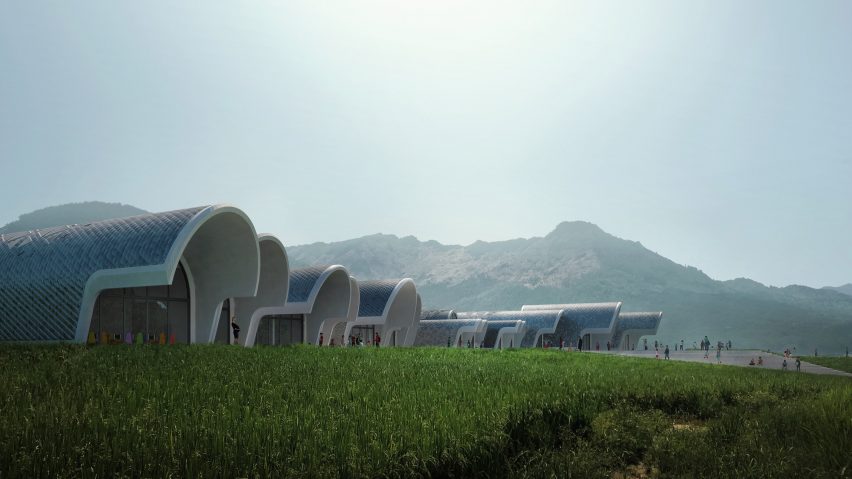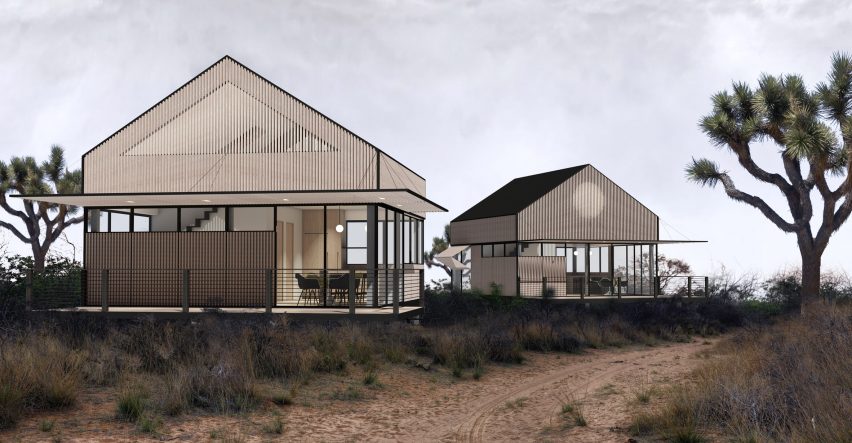
"Be more positive and less paranoid" about technology says Patrik Schumacher
Digital platforms and AI could be the future of customising prefabricated modular housing if we are less wary of technology, says Patrik Schumacher.
Using artificial intelligence (AI) to help customise mass-produced housing would eventually make it cheaper, argued Schumacher principal of Zaha Hadid Architects (ZHA).
Speaking at debate on factory-made housing at the New London Architecture's (NLA) Campari Talks, he said ZHA are already researching the potential of technology to create a new kind of prefabricated living space.
"I'm not that risk averse"
To take full-advantage of artificial intelligence people would have to accept that they could be handing over personalised data to architects and developers on a large scale, said Schumacher.
"I'm not that risk averse," he said. "I think if you want to get a piece of that promise of new technology, with AI and algorithmic everything, we've got to overcome some of this paranoia and let this happen."

ZHA are currently exploring the potential of "digital online community building" where residents could self-select into groups to co-habit within "cluster arrangements".
As well as customising their personal spaces, they could determine how to share communal areas with their neighbours.
"It's a missionary zeal for making a different world"
Experimenting with technology in this way could produce new ways of living, Schumacher argued.
"For me what's exciting is to get more people into the centres [of cities] but at the same time with these new economics we can generate all sorts of shared space and charm to this," he said.
"This space we are playing in is not where we make our money, neither are the angel investors expecting it all to flow back. It's a missionary zeal for making a different world, a better place with all these technologies," Schumacher said.
"We need to be more positive and less paranoid about it."
Technology is the key to cost-effective housing
3D-printing is another form of technology the ZHA head can see potential with when it comes to pre-fabrication.
"We are looking at how we can develop into the space something of a mass customisation robotic prefabrication, so it's not the full unit as a box that's repeated," Schumacher said in his argument for prefabricated homes, dismissing previous attempts at manufactured housing as "dreary".

"Customisation brings benefit but in the end it will also bring costs down," he said.
Technology, he argued, is the best way to make customised housing on a large scale an efficient process.
Zaha Hadid Architects has already used robots to build a school in rural China. Designer Yves Behar has created a range of fully customisable tiny homes, backed by funding from tech giant Amazon.
Main photo by Agnese Sanvito courtesy of NLA.